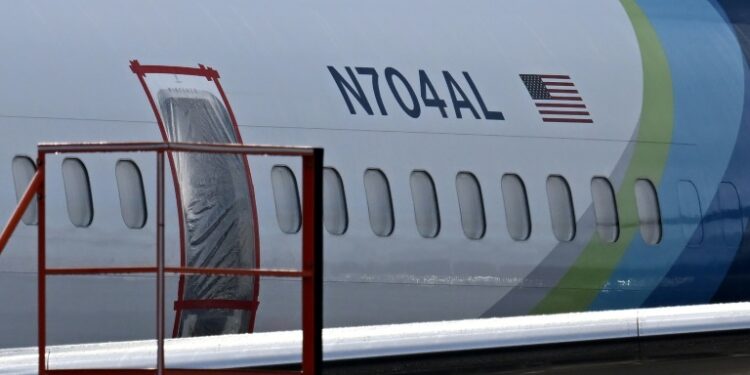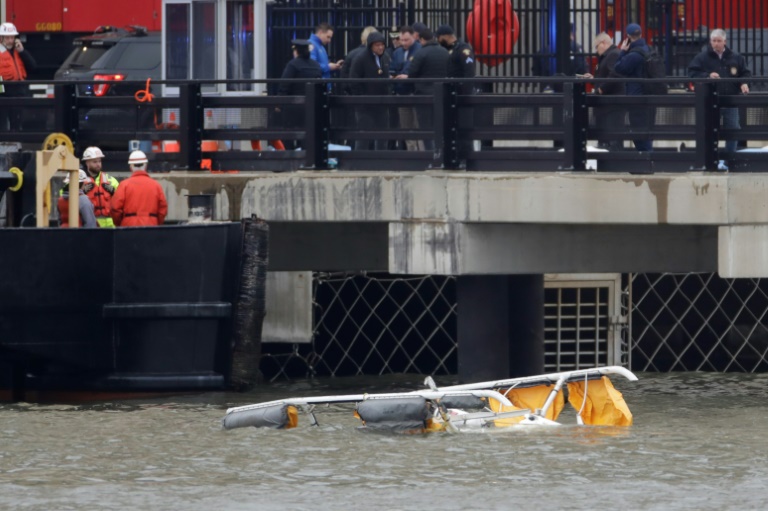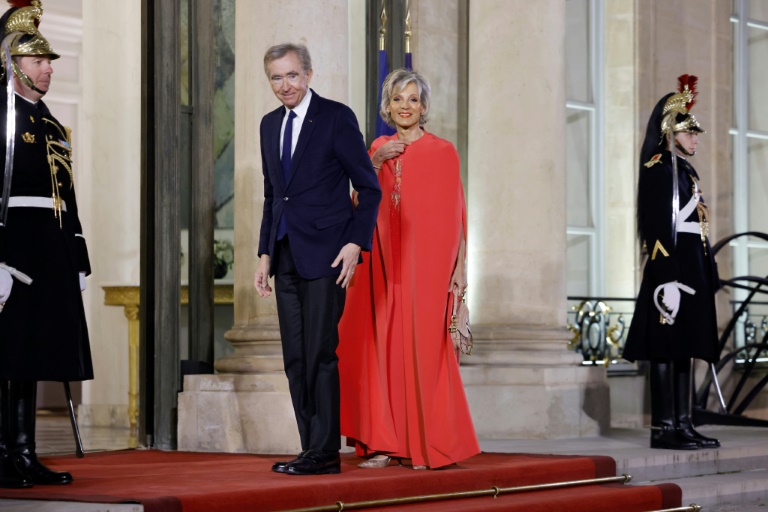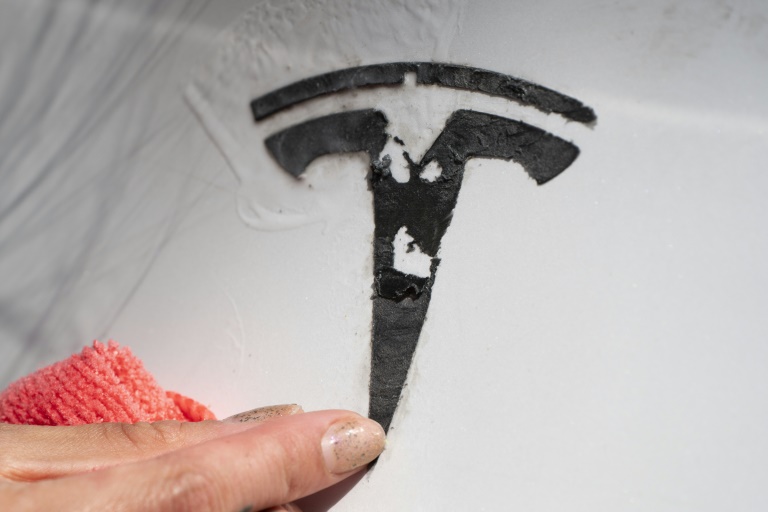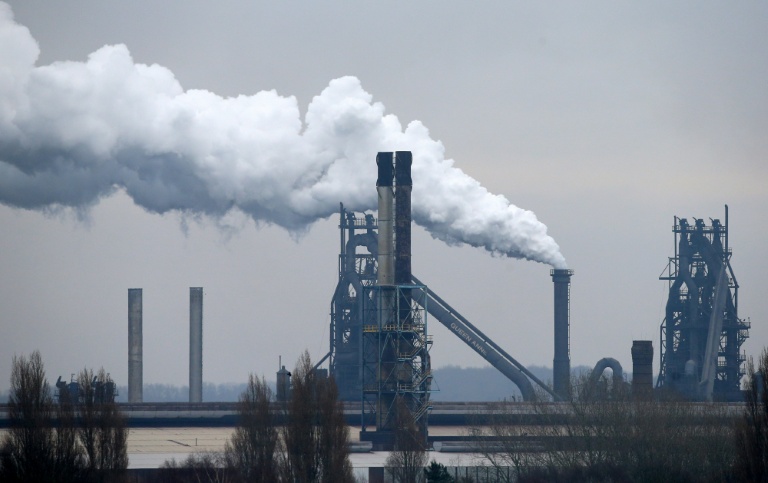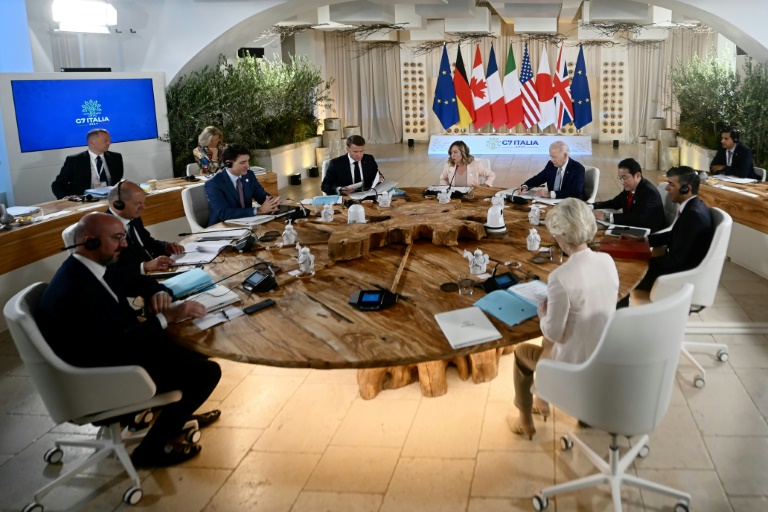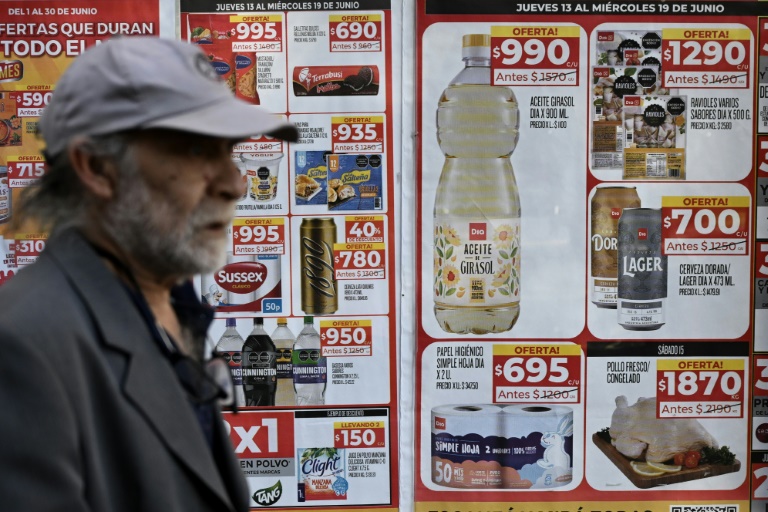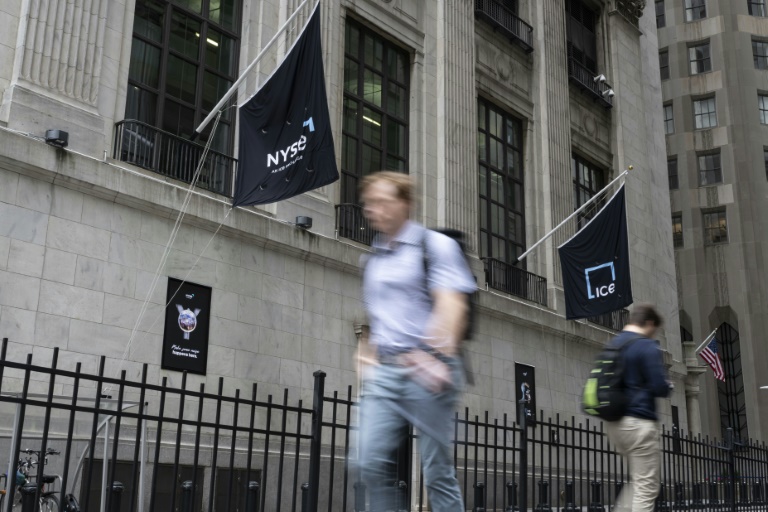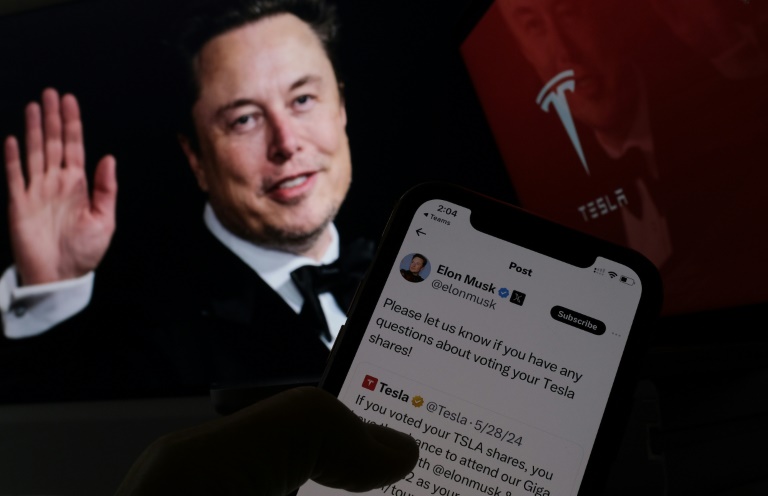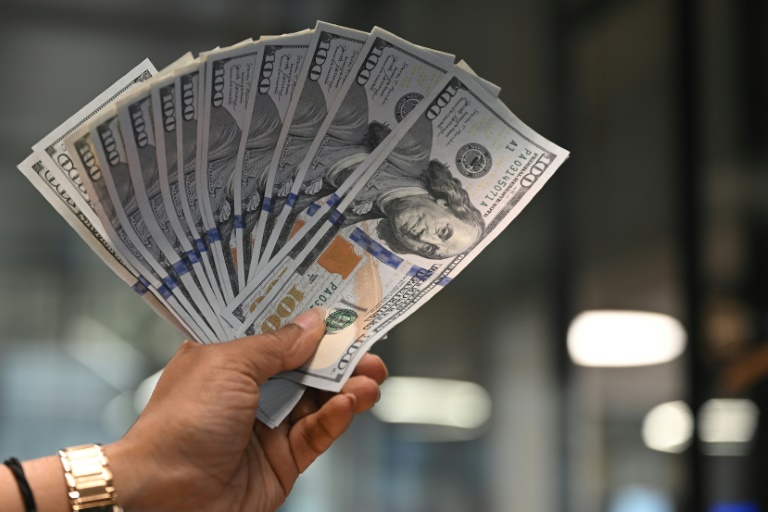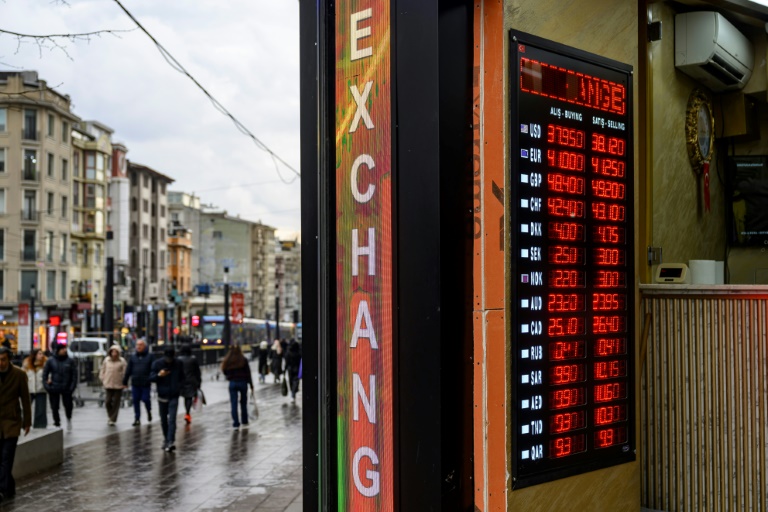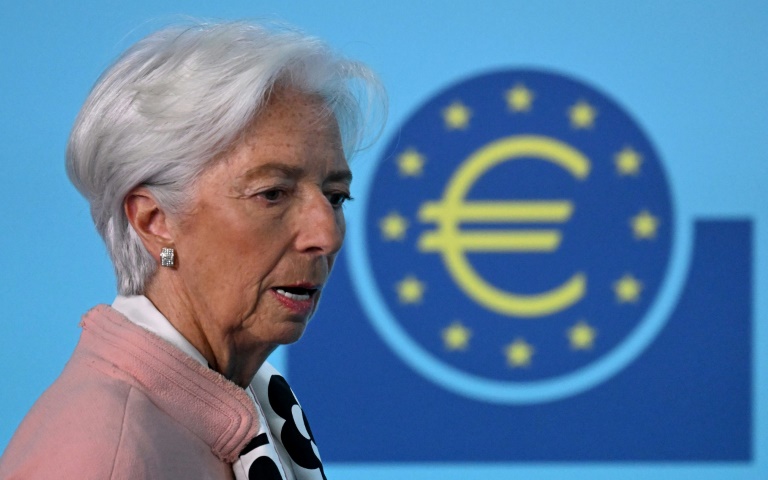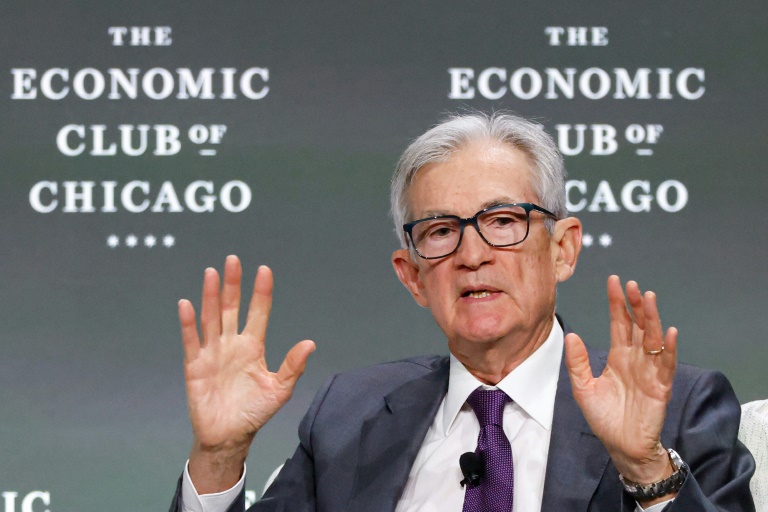New York (AFP) – Boeing has officially contested a Department of Justice determination that the passenger plane giant can be prosecuted for violating a criminal settlement following two fatal 737 MAX crashes, a person familiar with the matter told AFP Thursday.
The embattled aviation giant disputed the Justice Department’s determination of its compliance with a 2021 deferred prosecution agreement, meeting a deadline to file an official response by June 13, according to the person.
Bloomberg News reported aspects of the Boeing response late Wednesday, citing unnamed sources.
“We’ll decline to comment on any specific communications with the Justice Department, however we continue to engage transparently with the Department, as we have throughout the term of the agreement,” Boeing told AFP in an email.
The Justice Department declined comment through a spokesperson.
The case, which relates to a deferred prosecution agreement over two MAX crashes in 2018 and 2019 that together claimed 346 lives, comes as Boeing faces intensifying scrutiny following recent manufacturing and safety problems.
The aviation giant has again been under a microscope since a January 5 incident in which a 737 MAX operated by Alaska Airlines was forced to make an emergency landing after a fuselage panel blew out mid-flight.
The incident came soon before the three-year DPA was due to conclude. – ‘Agent of change’ –
Boeing’s travails took center stage at a Senate hearing Thursday where Federal Aviation Administration Administrator Mike Whitaker pledged stepped-up oversight of Boeing involving additional inspectors, promising that the agency “will continue to hold them accountable for producing and delivering safe aircraft.”
Senator Maria Cantwell, a Washington state Democrat who chaired the hearing, told Whitaker, “We’re counting on you to be that agent of change.”
While acknowledging shortcomings, Boeing maintains that it has upgraded safety since the MAX crashes and that it honored the terms of the deferred prosecution agreement.
If satisfied with Boeing’s conduct, the Justice Department could have moved to drop the charges. But in a May 14 letter to US Judge Reed O’Connor, the department concluded that Boeing “breached its obligations” under the agreement, citing a number of provisions.
The January 2021 agreement required Boeing to pay $2.5 billion to settle fraud charges over certification of the 737 MAX.
The DOJ letter cited measures requiring Boeing to implement a compliance and ethics program, beef up its internal controls “to effectively detect and deter violations of US fraud laws” and prohibit Boeing from providing “deliberately false, incomplete or misleading” information about its compliance.
In October 2018, a MAX 8 operated by Lion Air crashed in Indonesia’s Java Sea, leaving 189 people dead.
Less than six months later, in March 2019, another MAX 8 operated by Ethiopian Airlines crashed southeast of Addis Ababa, killing the 157 people on board.
Prosecutors met with family members who lost relatives in the two MAX crashes on May 31 this year.
“The families have been strongly urging the DOJ to prosecute Boeing versus supporting a negotiated plea agreement,” said a press release from the Clifford Law Offices, which represents the families.
The families “asked for full transparency, including a criminal trial on conspiracy and other possible criminal charges against Boeing and their executives responsible for the two crashes,” it said. – CEO to testify –
The Justice Department has said it will decide how to proceed on the case by July 7. Ahead of that, Boeing CEO Dave Calhoun can expect a grilling at a June 18 hearing before a different Senate committee, which has been called a probe into “Boeing’s Broken Safety Culture” after the panel earlier heard from company whistleblowers.
In March, Boeing announced that Calhoun would step down as CEO at the end of 2024, setting the stage for the company to undertake an executive search.
The company’s problems have continued to weigh on its finances.
Last month, Boeing Chief Financial Officer Brian West said the company expects negative cash for all of 2024 after previously forecasting positive cash generation in the low single-digit billions for the year.
© 2024 AFP

